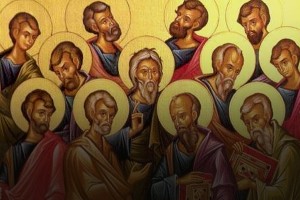
But that doesn’t mean the general claim is false. In fact, when writing Cold Case Christianity, I researched the writings of the generations of Christian students who followed the original New Testament authors. These Early Church Fathers sat at the feet of the apostles and learned from the apostolic eyewitness accounts. These secondary leaders then wrote letters and documents of their own, repeating the claims of their teachers. I focused on the work of Ignatius, Polycarp and Clement and isolated the content of their non-canonical writings to the early Church. What did they say about Jesus? Did they ever reference the writings of the New Testament? It turns out that the Early Church Fathers did, in fact, quote the scripture as it was handed down to them. But even if we can’t reconstruct the entire New Testament (save 11 verses) as Dalrymple is often quoted to have said, the Early Church Fathers did confirm enough of the New Testament claims to validate and authenticate the writings of the apostles. From the non-canonical works of Ignatius and Polycarp (students of John) and the non-canonical work of Clement (a student of Paul) we can determine the following:
Jesus was Predicted by the Old Testament as Described in the New Testament
Jesus is Divine as Described in the New Testament
Jesus Taught His Disciples as Described in the New Testament
Jesus Worked Miracles as Described in the New Testament
Jesus was Born of a Virgin as Described in the New Testament
Jesus Lived, Ministered, Was Crucified and Died as Described in the New Testament
Jesus Rose from the Dead and Demonstrated His Deity as Described in the New Testament
Even if we can’t reconstruct the entire New Testament (save 11 verses) as claimed in the citation of Dalrymple’s work, we really don’t need to. The early disciples of the apostles confirm the content of the apostolic teaching. If skeptics are looking for an early version of Jesus that is less divine, less miraculous and less supernatural, they aren’t going to find it in the writings of the first generation that followed the apostles. Instead, they’re going to find the very same Jesus that you and I know from the writings of the New Testament. Jesus didn’t evolve over the centuries to become the “legend” he is today. Jesus (the very same Jesus you and I know and love) has been emphatically described from the very earliest period of Christian history. We don’t need to reconstruct the entire New Testament to have great confidence that the writings of the New Testament have been delivered to us accurately. The Early Church Fathers confirm this for us, even if they don’t repeat every line of the canonical narrative.

J. Warner Wallace is a Dateline featured Cold-Case Detective, Senior Fellow at the Colson Center for Christian Worldview, Adj. Professor of Christian Apologetics at Talbot School of Theology, Biola University, author of Cold-Case Christianity, God’s Crime Scene, and Forensic Faith, and creator of the Case Makers Academy for kids.
Subscribe to J. Warner’s Daily Email
J. Warner Wallace is a Dateline featured cold-case homicide detective, popular national speaker and best-selling author. He continues to consult on cold-case investigations while serving as a Senior Fellow at the Colson Center for Christian Worldview. He is also an Adj. Professor of Christian Apologetics at Talbot School of Theology, Biola University, and a faculty member at Summit Ministries. He holds a BA in Design (from CSULB), an MA in Architecture (from UCLA), and an MA in Theological Studies (from Gateway Seminary).

















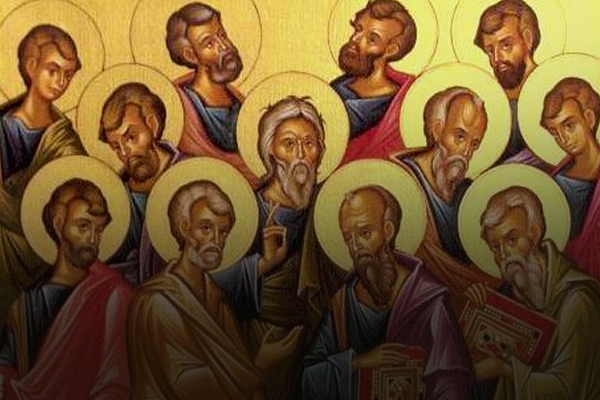














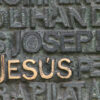




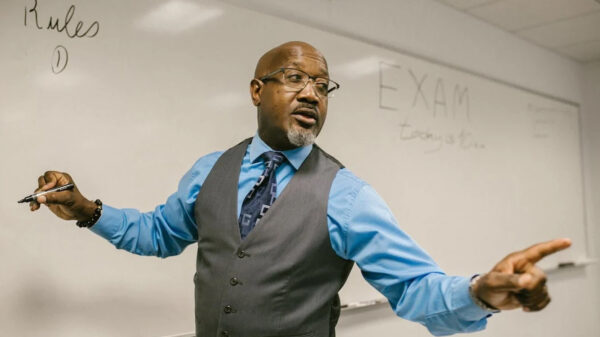

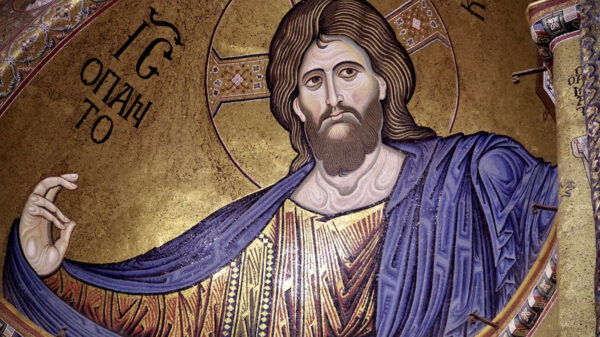


Pingback: Why I Know the Story of Jesus Wasn’t Changed Over Time | Cold Case Christianity
Pingback: Why I Know the Story of Jesus Wasn’t Changed Over Time
Pingback: How the Ante-Nicene Church Fathers Preserved the Eyewitness Gospel Accounts | Cold Case Christianity
Pingback: Cıvata
Pingback: The New Testament Church Pdf | Free Bible Booklet
Pingback: The Original Biblical Writings – The Words of God
Pingback: Podemos Construir Todo o Novo Testamento a Partir dos Escritos dos Pais da Igreja? – Cosmovisão e Fé
Pingback: 5 Tips From the Early Church Fathers - A Clear Lens
Pingback: Manuscript Evidence for the Bible: An Outline | Evidence4Creation
James Swan
March 31, 2022 at 9:53 am
Interesting! I followed up on what you put together back in 2016, and I’m fairly sure I know how this “eleven verse” anecdote arrived in the form it’s in. See my blog entry here:
https://beggarsallreformation.blogspot.com/2022/03/can-we-construct-entire-new-testament.html
It was originally an anecdotal story about Sir David Dalrymple found in the nineteenth century book, “Lives of the Haldanes,” not something Dalrymple actually wrote.
Regards, James